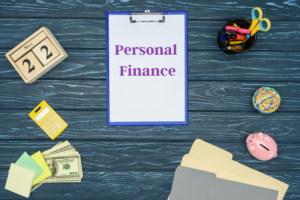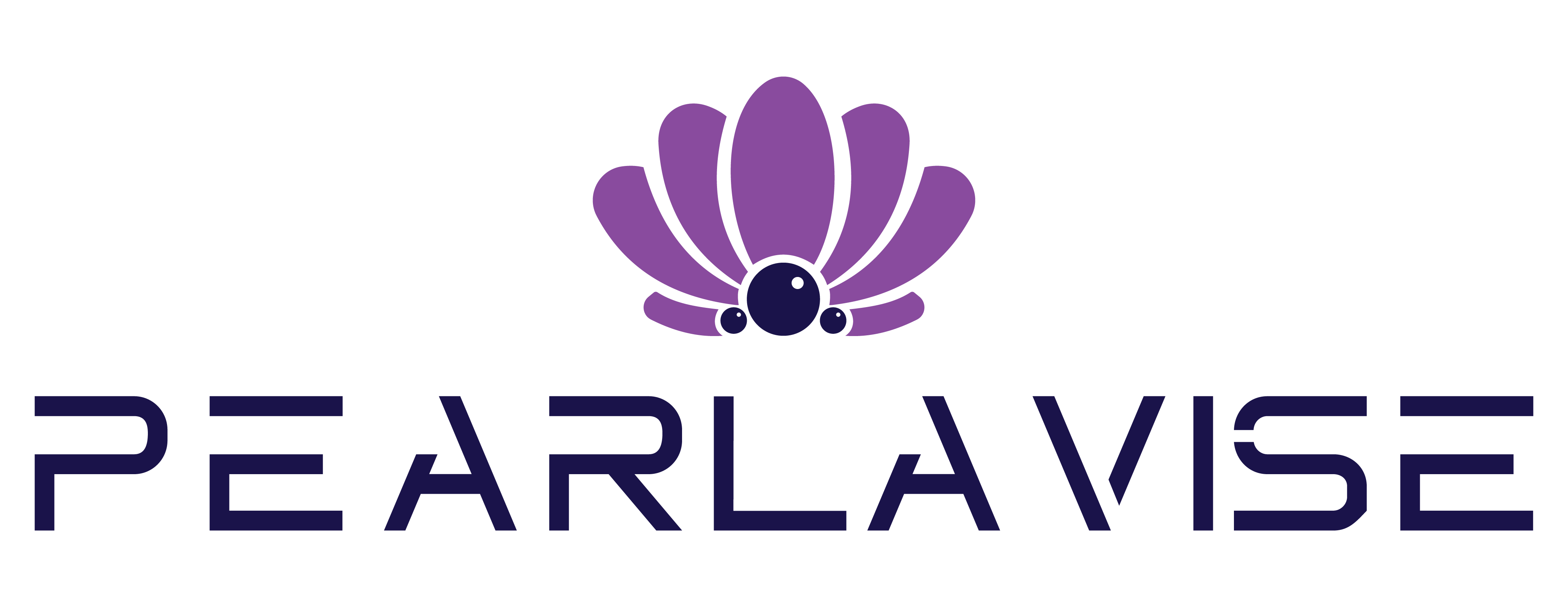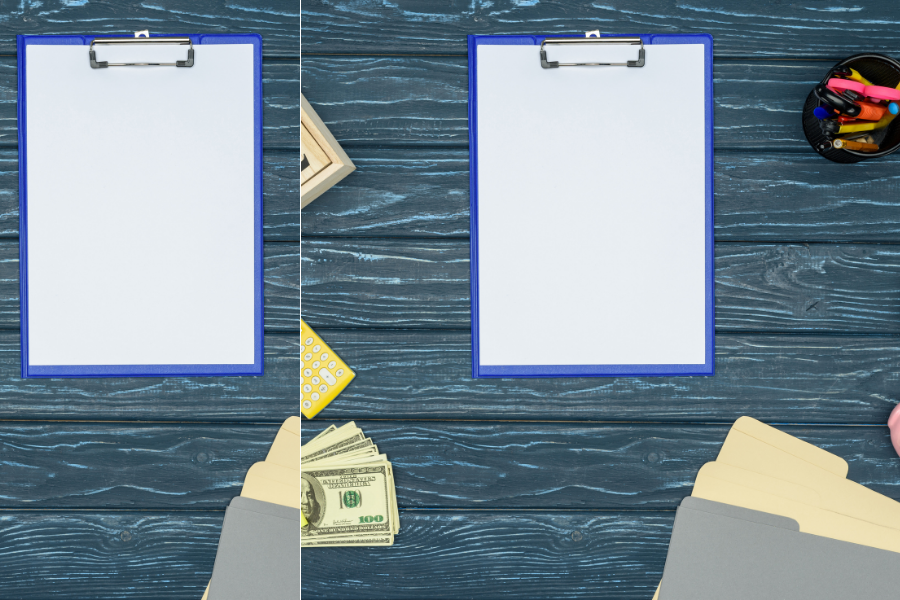Here are seven (7) amazing simple tips to reduce your personal financial debt that leads to peace and wealth. During this pandemic, with the assistance of some wonderful coaching, I have managed to pay off $30K of debt. I started a five-year personal finance journey to become debt-free and financially independent. If the truth is told, I started this once before. This is truly the first time I really got focused and serious about cleaning up my personal finance. I don’t know about you, but I am so sick and tired of all this consumer debt restricting my lifestyle and creating fear when the bills can’t be paid!
I am working with a couple of amazing financial coaches who will assist and educate me on this journey. For the first time, I have never been so EXCITED about paying off debt!

If you are like me and want to get rid of your consumer debt and have a stress-free life, you will love these seven (7) amazing simple personal financial tips that lead to peace and wealth building. It begins here!
Based on an article written by CNBC, the average American household carries approximately $90,000 in consumer or personal debt. You ask what is “consumer debt?” The Cambridge Dictionary defines it as “the amount of money owed by people for things they have bought but not yet paid for.” If you carry a balance on any of these items listed but not inclusive, you have consumer/personal debt: Bank and retail credit cards, auto loans, mortgage loans, personal loans, student loans, and home equity line of credit (HELOC)
Yes, this is true, and I can personally testify to this! I know I am not the only one; therefore, I am sharing tips and strategies I am learning and how it is helping me to get out of personal financial debt.
Although many of these tips have been introduced to me years ago, I never took them seriously until COVID-19 and my financial coach sincerely made me sit down at look at my four (4) numbers. My personal financial debt is astronomical (mortgage and student loans )! I am too embarrassed to share, but I will share at the end of the strategies and education I am receiving work. I am also learning that you do not have to wait 15 to 30 years to pay off your mortgage if you understand debt leverage. I will share more in a future post.
This post is all about TIPS, which will reduce your personal finance and lead to peace and wealth! Let me explain the first SEVEN tips and how they are helping me, and they may help you, too.
Seven Amazing Personal Finance Tips:
1. Become spiritual sound and alert
At the beginning of COVID, I felt a lot of anxiety and stress racing through my mind. While I felt spiritually strong in my faith, it can sometimes be weakened during a pandemic, crisis, or job loss. I believe the first thing in conquering your personal debt is to become spiritually alert and sound because there will be setbacks. This is essential, and it should not be optional. As I deal with my huge personal finance debt, this is the only weapon keeping me sane. To overcome my fear and worry, I begin to read my Bible daily for 15 minutes. Every year my church would give the members a new calendar that provides a guideline for reading the Bible every day for 365 days. During the lock-down, I never really realized how such a small tool would become so valuable to my life. In all honesty, I never used the calendar until the pandemic. I began my daily reading in April 2020. Since I started my daily Bible reading, I have seen my spiritual life strengthened, transformed, and enriched for the better. Before you read the Bible, I recommend that you always say a short prayer. For example, “pray that God would give you wisdom, insight, and understanding to make better decisions about your finance and life.” Your faith can have a powerful impact on your finance. Join the journey with me, click and subscribe to my blog and get this beauty 2022 printable calendar that outlines the New Testament and a tiny portion of the Old Testament as a guide to reading one chapter of the Bible every day for 365 days.
2. Create a simple budget of all expenses and debt
As I worked with my coaches, they told me to create a budget and track all of my expenses for 30 to 90 days, so I could see where I was spending my money. All monies must be accounted for, whether you are going to the grocery store, paying bills, or spending a dollar to buy a Slurpee! Track your expenses whether you use a spreadsheet or a small notebook you can carry around with you. This will give you an overview of how you are spending your hard-earned money.
3. Review all and look at expenses you can reduce and do without
After you have tracked, reviewed, and accounted for all your expenses, look at things you can reduce and do without. Eliminate any wasteful spending! You do not have to get rid of something you like permanently. You just need to do without them until you meet your personal financial goals. For instance, I like eating out twice a month, but now I only do it once a month. My end goal is to discipline myself to get my personal finance under control and spend less, so I will not go into panic mode when a crisis appears.
4. Determine what debts you want to get rid of that give you peace of mind
As for me, I am getting rid of my mortgage and student loans debt would give me peace of mind. These are my most significant debts. I learned you do not have to take 15 or 30 years to pay off your mortgage through my coaching and training. I can pay off my mortgage in five years or less based on my training and discipline! I AM EXCITED about this! What personal debts would you like to get rid of to give you peace of mind?
5. Know your four (4) numbers
So many times, I have heard the phrase “Know your numbers.” I had no idea what this meant until I started working with this transparent financial coach. Knowing your four numbers is a peril to getting your personal finance in order. Budgeting, tracking, and knowing expenses will help you understand your four numbers.
The four (4) numbers consist of the following:
-
- INCOME – is what comes in monthly from your job
- EXPENSES – all things you must pay or spend money on
- DEBT – is what you owed or still making payments
- CASH FLOW (CF) – is what is left after all the monthly expenses and debts are paid. This money does not go anywhere.
FOR EXAMPLE
-
- INCOME $4,000
- EXPENSES $3,500
- DEBT $265,000
- CASH FLOW (CF) $500
You will always have some expenses, such as electricity, gas, and household expenses. You do not have to have debt (i.e., mortgage and student loans payments). When you get rid of debt, you will increase your cash flow.
6. See your job as a journey of blessings (JOB)
I used to see my job as a journey of the broken because of my great debt, but I now see it differently. I see it now as a Journey of Blessings (JOB). Because I am learning how to be a better steward of my money, these are some of the blessings I have seen in my job:
-
-
- Allows me to take care of household expenses
- Ability to give
- Offers educational opportunities
- Investments (401K, stocks)
- Build a network of wonderful friends
- Transition to a better life
- See as an exit plan for your own business
-
If I ever took my job for granted, I no longer do it because I understand if I manage my money right, it can help me bring my other dreams to life!
7. Give with a cheerful heart
Make sure you give whether to your local church, non-profit organization, or unsheltered. Give with a cheerful, thankful, and grateful heart. Give even if you can only give a dollar. See your returns come back abundantly, not necessarily money! Each of you should give what you have decided in your heart to give. You shouldn’t give if you don’t want to. You shouldn’t give because you are forced to. God loves a cheerful giver. And God can shower all kinds of blessings on you. So in all things and at all times, you will have everything you need. You will do more and more good works. (2 Corinthians 9:7-8).
This post is all about Seven (7) Amazing Simple Tips To Reduce Your Personal Financial Debt While Achieving Peace And Building Wealth. Future posts will continue to focus on personal finance, from how to decrease your debt, build personal credit, saving tips, and inspirational wealth-building quotes.
Please share if you know someone else who could benefit from these seven (7) amazing personal financial tips.
Other Post(s) and Recommendation(s) You May Like:
THE ABC’s TO BE FINANCIALLY FREE
VELOCITY BANKING BASICS | PERSONAL FINANCE
6 ESSENTIAL CATEGORIES YOU MUST UNDERSTAND TO BUILD A BETTER CREDIT SCORE


Recent Comments